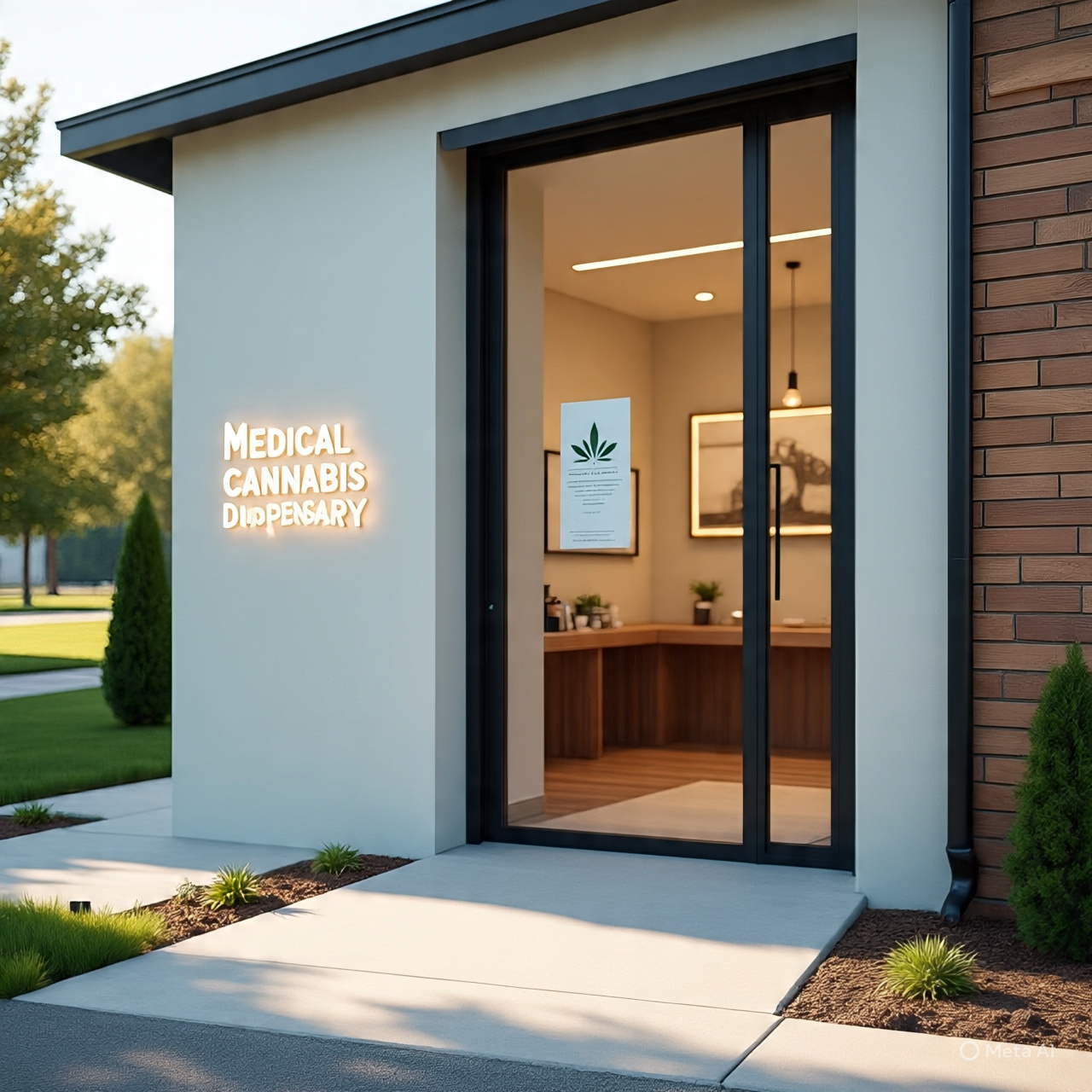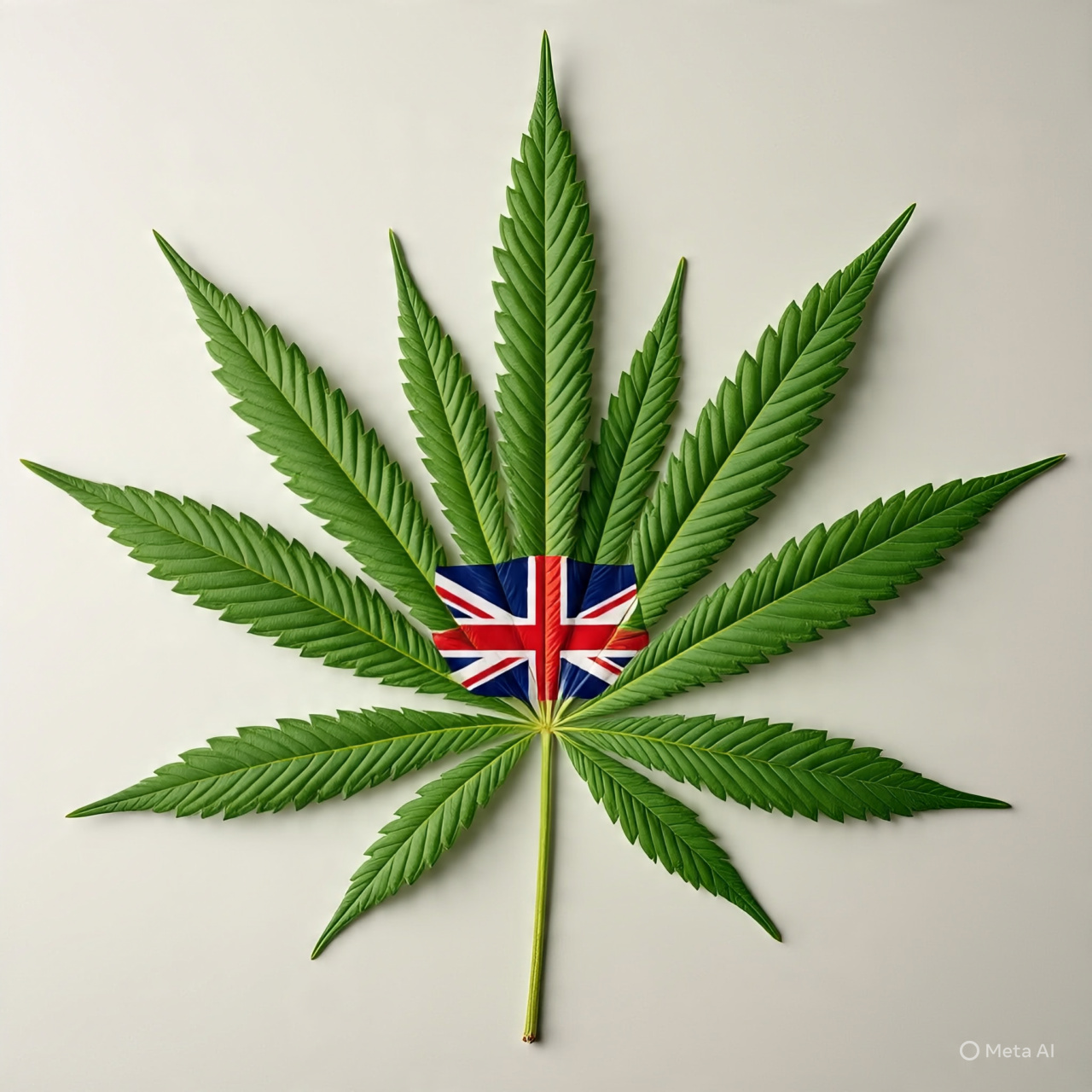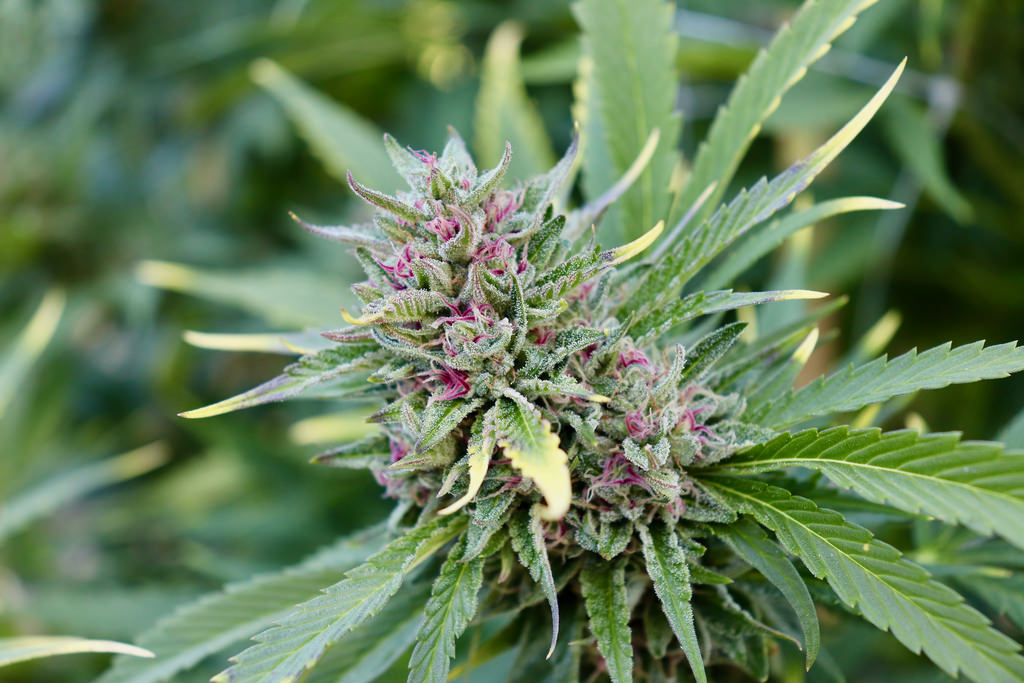THE CURRENT STATE OF CANNABIS LAWS IN THE UK
Cannabis laws in the UK
—
I. INTRODUCTION
Cannabis laws in the United Kingdom have evolved significantly over the past few decades. While cannabis remains illegal for recreational use, the legalisation of medical cannabis in 2018 marked a major turning point. Public attitudes are shifting, enforcement practices are softening, and local authorities like those in London are exploring reform options. However, major challenges remain, including access issues, health concerns, legal barriers, and political reluctance.
This article provides a comprehensive overview of the current state of cannabis laws in the UK—covering legality, enforcement, medical use, reform efforts, public opinion, and economic implications.
—
II. LEGAL CLASSIFICATION OF CANNABIS
A. CANNABIS AS A CONTROLLED SUBSTANCE
Cannabis is classified as a Class B drug under the Misuse of Drugs Act 1971, placing it alongside substances like amphetamines. Possession can result in:
Up to 5 years in prison, an unlimited fine, or both.
Supplying or producing cannabis can result in up to 14 years imprisonment and/or an unlimited fine.
In 2004, cannabis was temporarily downgraded to Class C, following advice that it posed less harm than Class B drugs. However, it was returned to Class B in 2009 amid political and media pressure, despite opposition from scientific advisors.
B. MEDICAL CANNABIS LEGALISATION
In November 2018, the UK legalised medical cannabis for certain conditions. However, only specialist doctors on the GMC Specialist Register can prescribe cannabis-based products for medicinal use (CBPMs).
Three main products are approved for prescription:
Sativex – for multiple sclerosis-related muscle spasticity.
Nabilone – synthetic cannabinoid for chemotherapy-induced nausea.
Epidyolex – for rare forms of epilepsy (Lennox-Gastaut and Dravet syndromes).
Most prescriptions occur through private clinics, as NHS access is highly restricted. Fewer than 5 NHS prescriptions were recorded in the first year after legalisation, while tens of thousands now rely on private alternatives.
—
III. INDUSTRIAL HEMP REGULATION
Industrial hemp, derived from cannabis plants with less than 0.2% THC, is also regulated under the Misuse of Drugs Act. Farmers must obtain a Home Office hemp cultivation licence, which was historically restrictive.
Recent reforms (as of 2024–25) include:
Allowing licensed growers to cultivate hemp anywhere on approved farmland.
Extending license terms up to six years.
Providing flexible start dates to reduce economic barriers.
These changes aim to support sustainable agriculture and boost rural economies through hemp’s industrial, nutritional, and environmental applications.
—
IV. LAW ENFORCEMENT & POLICING PRACTICES
A. PRACTICAL ENFORCEMENT
Although cannabis is illegal, enforcement varies widely by region and officer discretion. In many areas:
Community resolutions or warnings are used for small-scale possession.
Arrests and prosecutions are less common unless other offences are involved.
In London, nearly 50% of cannabis possession cases result in community-based outcomes like warnings or referrals.
This approach is sometimes referred to as “de facto decriminalisation,” even though cannabis remains formally illegal.
B. STOP-AND-SEARCH & DISCRIMINATION
Cannabis laws are frequently enforced through stop-and-search procedures. Critics argue this disproportionately impacts Black and ethnic minority communities, fueling mistrust in law enforcement.
For example, in London:
Black residents are three times more likely to be stopped and searched for cannabis.
Many searches are based solely on the smell of cannabis, which reform advocates argue is an unreliable and discriminatory basis.
—
V. LOCAL REFORM: THE LONDON DRUGS COMMISSION
A. THE CANNABIS CONUNDRUM REPORT (2025)
Established by London Mayor Sadiq Khan, the London Drugs Commission (LDC) released its landmark report in May 2025: “The Cannabis Conundrum.” Key recommendations included:
Decriminalising cannabis possession by removing it from the Misuse of Drugs Act.
Transferring natural cannabis regulation to the Psychoactive Substances Act, which allows civil penalties.
Banning cannabis smell as grounds for stop-and-search.
Reforming how cannabis convictions appear in criminal background checks (DBS).
The LDC’s recommendations aim to shift cannabis from a criminal justice issue to one of public health, education, and harm reduction.
B. POLITICAL RESPONSE
Despite local support, the Home Office and national government have rejected any plans to decriminalise cannabis.
Deputy Prime Minister Angela Rayner stated there were “no plans to legalise or decriminalise” cannabis.
Opposition persists across both Conservative and Labour leadership, citing health risks and public safety.
This creates a political impasse between local initiatives (e.g., in London) and national policy control.
—
VI. PUBLIC OPINION & HEALTH CONCERNS
A. GROWING PUBLIC SUPPORT
Public sentiment toward cannabis legalisation is steadily increasing.
A 2022 YouGov poll found 55% of UK adults support legal, regulated cannabis sales to adults aged 18 and over.
Support is higher among younger demographics, especially 18–34-year-olds.
Polling suggests that decriminalisation and medical cannabis receive even broader support, especially when framed as public health initiatives rather than law enforcement issues.
B. MENTAL HEALTH & HIGH-POTENCY RISKS
While support grows, health experts remain concerned about high-THC cannabis (“skunk”). Studies show:
Daily use of high-potency cannabis may triple the risk of psychosis, particularly among vulnerable individuals.
Adolescent cannabis use is associated with increased risks of depression, anxiety, and cognitive issues.
Reform advocates propose THC limits, labelling requirements, and education as part of a regulated market.
—
VII. MEDICAL MARKET & PATIENT ACCESS
A. RISING PRIVATE PRESCRIPTIONS
Since 2018, private prescriptions have skyrocketed. By 2024:
Over 77,000 prescriptions had been issued through private clinics.
Patients use medical cannabis for chronic pain, anxiety, PTSD, and neurological conditions.
Costs remain high—averaging £200–£400 per month, creating accessibility issues for lower-income patients.
Popular clinics include Mamedica, Releaf, and Sapphire Clinics.
B. DOMESTIC CULTIVATION EMERGES
Until recently, most medical cannabis was imported, mainly from the Netherlands, Canada, and Spain. However, companies like Glass Pharms now grow MHRA-certified cannabis in the UK, improving self-sufficiency.
This helps reduce supply-chain delays.
Prices may gradually drop with increased domestic production.
—
VIII. ECONOMIC AND SOCIAL OPPORTUNITIES
A. TAX REVENUE & JOB CREATION
Several think tanks estimate major economic benefits from legalising cannabis:
Transform Drug Policy Foundation:
£1.23 billion in tax revenue
£284 million in law enforcement savings
15,000–20,000 new jobs
CLEAR Cannabis Law Reform estimates full legalisation could generate up to £9.5 billion annually through taxation, business development, and job creation.
Cannabis also presents economic potential in:
Industrial hemp (for textiles, biofuel, construction)
Medical cannabis exports
Research and development
B. SOCIAL JUSTICE & EQUITY
Decriminalisation advocates stress the racial and economic disparities in cannabis enforcement.
Legal reforms must include social equity licensing, expungement of records, and inclusion of historically impacted communities.
Without these, a legal industry may favor already-wealthy operators and leave out those most affected by prohibition.
—
IX. FUTURE OUTLOOK
A. POLICY STAGNATION AT THE NATIONAL LEVEL
Despite increasing public and expert support, national cannabis policy remains static. The government shows no willingness to:
Legalise adult-use cannabis
Reclassify cannabis from Class B
Expand NHS access to medical cannabis
This makes large-scale reform unlikely without a significant shift in public pressure or political leadership.
B. POTENTIAL FOR REGIONAL PILOTS
London’s LDC report opens the door for pilot programmes:
Decriminalisation of possession within defined boroughs
Cannabis testing services
Diversion schemes for youth and vulnerable users
Although local pilots may clash with national law, they may create momentum for broader change—similar to city-led decriminalisation in Canada and the US.
C. TRENDS TO WATCH
Medical market growth will continue, with more private clinics and domestic cultivation.
Public support is likely to keep rising, particularly among younger voters.
Harm-reduction and education programmes may be implemented even without full reform.
International influence—from Germany, Canada, and US states—may gradually shift UK policy perspectives.
—
X. CONCLUSION
The UK’s cannabis laws are currently at a crossroads. While cannabis remains illegal for recreational use and tightly controlled for medical purposes, the reality on the ground is changing. Police enforcement is softening, medical cannabis use is increasing, and public support for reform is growing. London is leading the charge for decriminalisation, but faces political resistance from national authorities.





